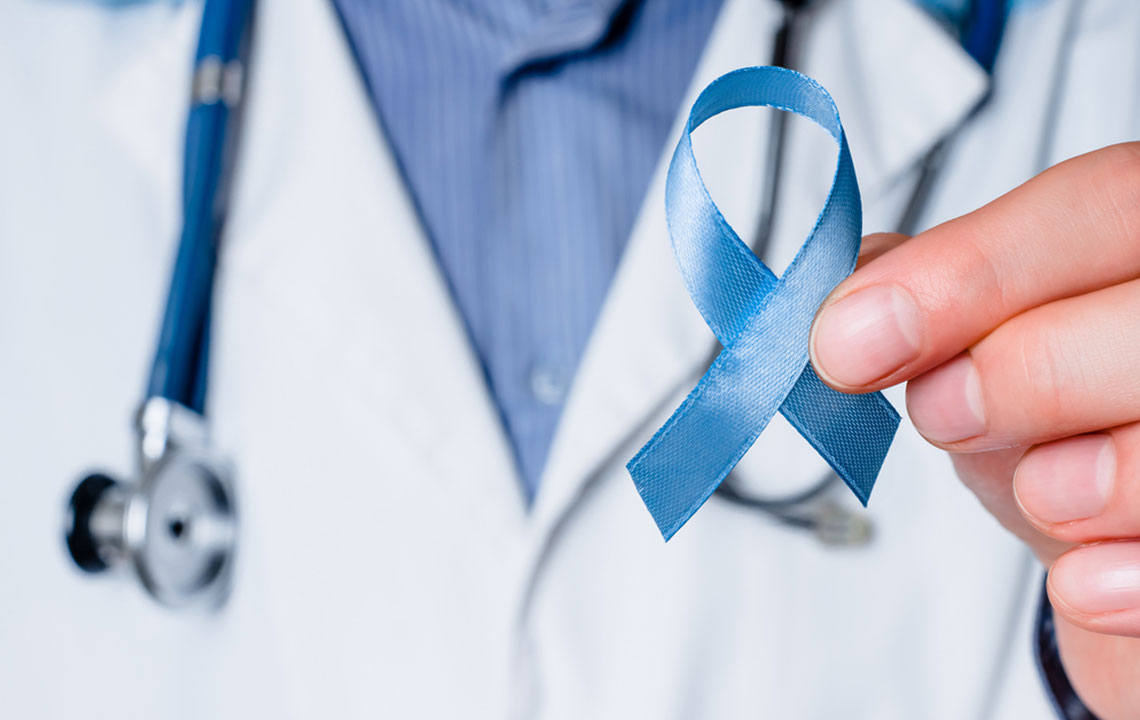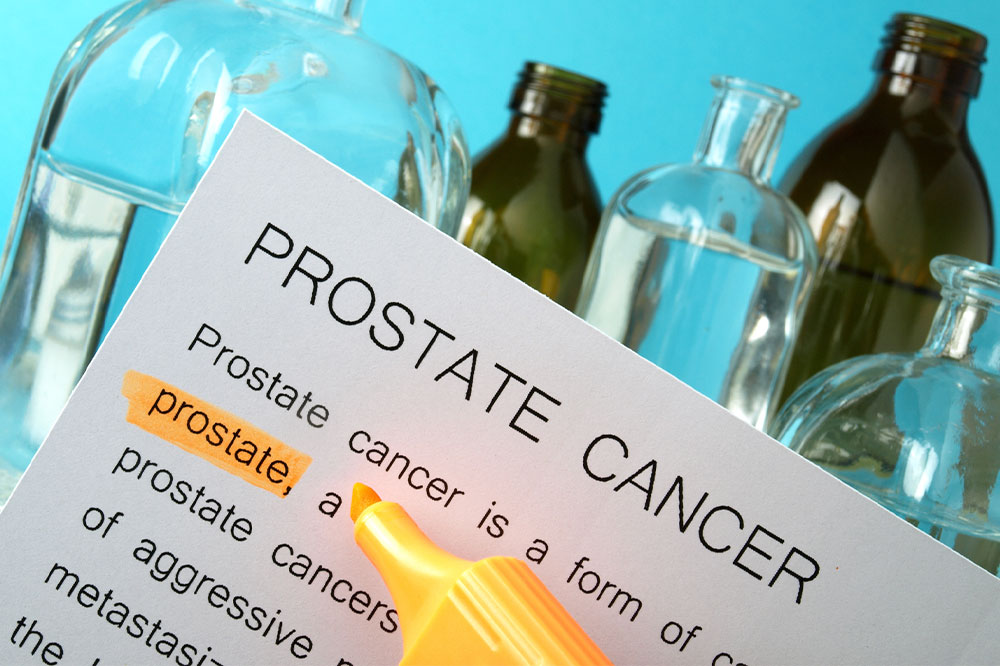Recognizing the Key Indicators of Prostate Cancer
Prostate cancer often presents with urinary difficulties, incontinence, reproductive issues, bone pain, weight loss, and prostate enlargement. Early detection through awareness of these signs is crucial for effective treatment. Consulting a healthcare professional is essential for diagnosis and management.

Recognizing the Key Indicators of Prostate Cancer
Prostate cancer is a malignancy that develops in the prostate, a small gland critical to the male reproductive system. This walnut-sized organ is responsible for producing seminal fluid to support sperm health and managing urination. Detecting prostate cancer early, when it remains localized, significantly improves treatment outcomes.
Urinary difficulties
Because the prostate influences urinary function, tumor growth can cause trouble with urination. Symptoms include a burning sensation, pain during urination, and dribbling after voiding. Patients might also feel urgent urges but be unable to start urinating. Nighttime urination frequency and blood in urine are additional warning signs.
Incontinence
Prostate abnormalities can cause involuntary leakage of urine or stool, known as incontinence. Since other health issues can cause similar symptoms, proper medical assessment is essential to pinpoint prostate cancer as the origin.
Reproductive challenges
Prostate tumors can disrupt erectile function and lead to pain during ejaculation. Blood traces might also appear in semen, indicating abnormality.
Bone discomfort
In advanced stages, the cancer may metastasize to bones, causing persistent pain in the hips, ribs, and spine. Such pain could signal weakened bones or spinal compression, increasing fracture risk.
Unintentional weight reduction
Sudden weight loss without explanation can suggest prostate cancer, although other conditions like diabetes may also be responsible. Medical consultation is recommended for unexplained weight loss.
Prostate enlargement
The disease commonly causes the prostate to enlarge, resulting in pain and discomfort, even during sitting.
Medical Disclaimer:
The information provided about symptoms, treatments, and health conditions is intended for informational purposes only. It should not replace professional medical advice. Please consult licensed healthcare providers for diagnosis and treatment options tailored to individual health needs.










